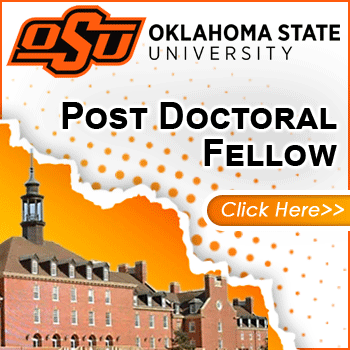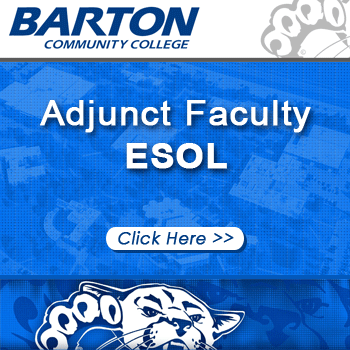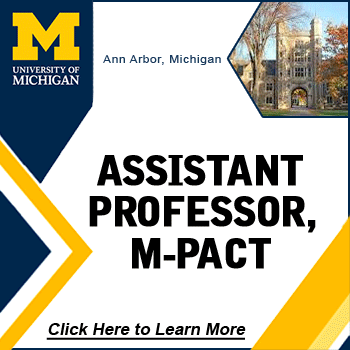
2025 PhD Graduate - Krimigis Postdoctoral Scholarship Program in the Moon and Rocky Planets Group
Job Description
DescriptionWould you like to participate as a postdoctoral fellow in cutting-edge planetary science research?
Are you interested in using laboratory, remote sensing, or modeling data to understand the surfaces of our Moon and the rocky planets of our solar system, from their geological evolution to how their surfaces are still changing today?
Would you like to be a part of helping NASA's efforts to return to the Moon and to establish a human presence off-planet, including working with NASA and others to understand how to use in situ resources?
If you can answer "yes" to any of these questions, we want you to work with us through the Krimigis Postdoctoral Scholarship (KPS) Program in the Moon and Rocky Planets Group (SRR) at the Johns Hopkins Applied Physics Laboratory (APL). This program is named after Dr. Stamatios "Tom" Krimigis who was a team member on over 50 years of spaceflight investigations of space science, from Mariner 4 to Mars in 1965 through New Horizons to Pluto in 2015. Krimigis Fellows will be hosted by one of the science groups in the Space Science and Instrumentation Branch of the Space Exploration Sector. Key features of this program include:
- partnering with a research advisor who would provide mentoring on development both as a researcher and a science professional;
- research in cutting-edge fields of space science aligned with the research group;
- support for travel to conferences and publications;
- membership in a postdoc cohort that builds a network among peers;
- training in "soft" professional skills, including proposal-writing;
- ability and support to submit grant proposals as a principal investigator;
- a salary that is competitive in the Baltimore-Washington area;
- and a generous benefits package.
Your professional outcome will include great research opportunities, a foundation for the rest of your career, and building of connections with a variety of researchers and programs at APL, a premier space mission implementation center. We encourage students from historically underrepresented backgrounds to apply. Positions are for a 2-year term, with a possibility of extension to a third year. Most positions will be for full-time work, although part-time work (down to 50%-time) is possible by participant’s request.
The SRR group consists of 26 full- or part-time scientists, postdocs, 1 administrative staff, and multiple interns with 4 thematic sections that focus on: planetary surface geology; terrestrial planetary evolution; regolith, volatiles, and alteration; and Moon to Mars exploration. Members of our group are actively involved in missions to the Moon, Mars, Mercury and Venus, as well as those that will soon travel further into the solar system, including the Dragonfly mission to Saturn's moon Titan and Europa Clipper to Jupiter's moon Europa. Staff in our group are also involved in supporting NASA's Lunar Surface Innovation Initiative, which works with NASA and the space technology community to understand the technical challenges that need to be overcome in order to established a sustained presence on the lunar surface. The key science questions we address are how are planets formed, what their surfaces are composed of, how do volatiles interact with their surfaces, and what processes drive planetary evolution. We maintain 4 research laboratories (the Planetary Exploration Research Lab, Laboratory for Spectroscopy under Planetary Environmental Conditions, Simulated Airless Body Emission Laboratory, and Planetary Surface Texture Laboratory) and a Science Operations Center that supports the upcoming Lunar Vertex mission. You can learn more about us and our activities by visiting web pages describing our lab facilities, the Lunar Surface Innovation Initiative, and Lunar Vertex.
Research opportunities in the Krimigis Postdoctoral Scholarship Program are primarily mentor-defined opportunities supported by funding from existing grants, missions, and other programs. You should list which topics you wish to pursue in your cover letter.
One mentor-defined project currently available in our group is:
- Support analysis of lunar samples to examine lunar geochemical processes to answer Planetary Decadal Survey questions. This may include questions related to volcanism, space weathering, chronology, and/or the lunar volatile cycle. Also critical to this position is previous hands on development, or application, of in situ resource utilization (ISRU) techniques towards exploiting planetary resources from planetary regoliths. The person will be able to use this unique knowledge to evaluate viability of other developing ISRU techniques within the context of NASA's Artemis and Lunar Science Innovation Initiatives. Desired skills include a history of previous expertise analyzing lunar sample or analog geochemistry, TEM microscopy, and/or evaluating in situ resource utilization (ISRU) processes. Expertise in developing and/or evaluating in situ resource utilization engineering techniques is also welcome.
Other mentor-defined-topics may become available on topics including, but not limited to: supporting current and future lunar PRISM missions; understanding the distribution and transportation of lunar volatiles; characterizing the composition of the Martian regolith, with a particular emphasis on the potential for habitability; and conducting fundamental research to understand the evolution of Mercury and Venus. In addition, a small number of opportunities for postdoc-defined, original, high-impact research could be awarded for 50% coverage, in any of the topics listed below. If you are interested in being considered for postdoc-defined research, include a 3-page proposal with your cover letter for a hypothesis-driven research program, that addresses an important issue in one of the following areas, and can be completed and submitted for publication within a 50% effort over two years. Information on how to structure the research proposal can be found on the Krimigis Postdoctoral Scholars webpage.
Qualifications
The Krimigis Postdoctoral Scholarship Program is open to recipients of a PhD in planetary science or a related field (e.g., physics, geology, astronomy, astrobiology) whose dissertation focused on research relevant to planetary science. Eligibility for the program requires:
- a PhD in a relevant subject awarded after January 1, 2022 (or earlier if a leave of absence has been taken).
- demonstrated ability to do independent research, and submit results for publication by the expected start date
- ability to work well within a team
You’ll go above and beyond our minimum requirements if you have one or more publications, especially with a potentially high impact.
Applications are due October 15, 2024 and notification of selections is expected by February, 2025. The start date is negotiable with the applicant.
Why work at APL?
The Johns Hopkins University Applied Physics Laboratory (APL) brings world-class expertise to our nation’s most critical defense, security, space and science challenges. While we are dedicated to solving complex challenges and pioneering new technologies, what makes us truly outstanding is our culture. We offer a vibrant, welcoming atmosphere where you can bring your authentic self to work, continue to grow, and build strong connections with inspiring teammates.
At APL, we celebrate our differences and encourage creativity and bold, new ideas. Our employees enjoy generous benefits, including a robust education assistance program, unparalleled retirement contributions, and a healthy work/life balance. APL’s campus is located in the Baltimore-Washington metro area. Learn more about our career opportunities at www.jhuapl.edu/careers.
About Us
APL is an Equal Opportunity/Affirmative Action employer. All qualified applicants will receive consideration for employment without regard to race, creed, color, religion, sex, gender identity or expression, sexual orientation, national origin, age, physical or mental disability, genetic information, veteran status, occupation, marital or familial status, political opinion, personal appearance, or any other characteristic protected by applicable law.
APL is committed to promoting an innovative environment that embraces diversity, encourages creativity, and supports inclusion of new ideas. In doing so, we are committed to providing reasonable accommodation to individuals of all abilities, including those with disabilities. If you require a reasonable accommodation to participate in any part of the hiring process, please contact Accommodations@jhuapl.edu. Only by ensuring that everyone’s voice is heard are we empowered to be bold, do great things, and make the world a better place.
*Please mention you saw this ad on DisabledInHigherEducation.*





